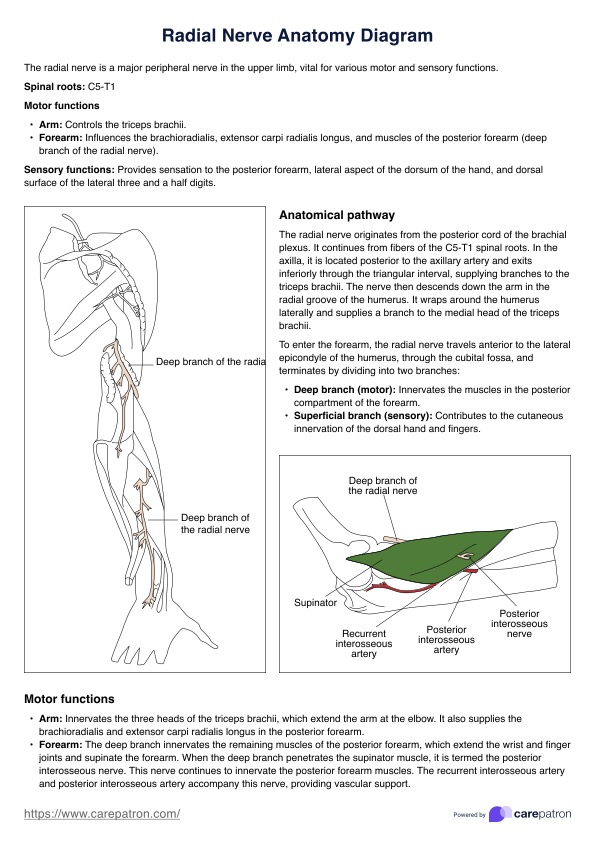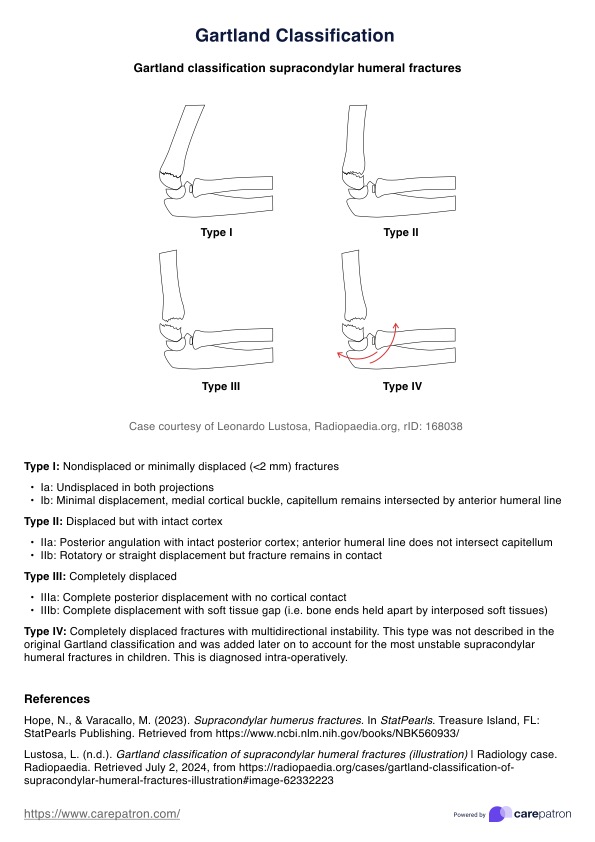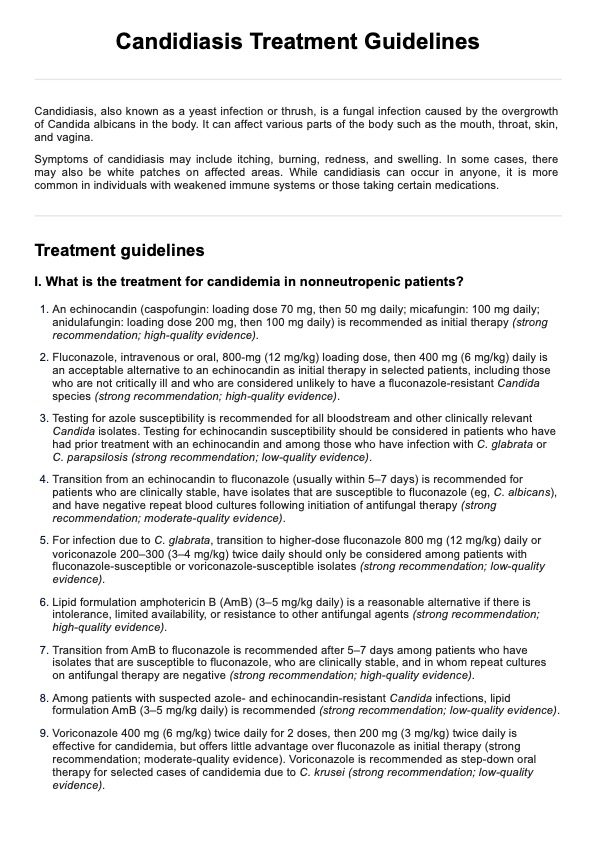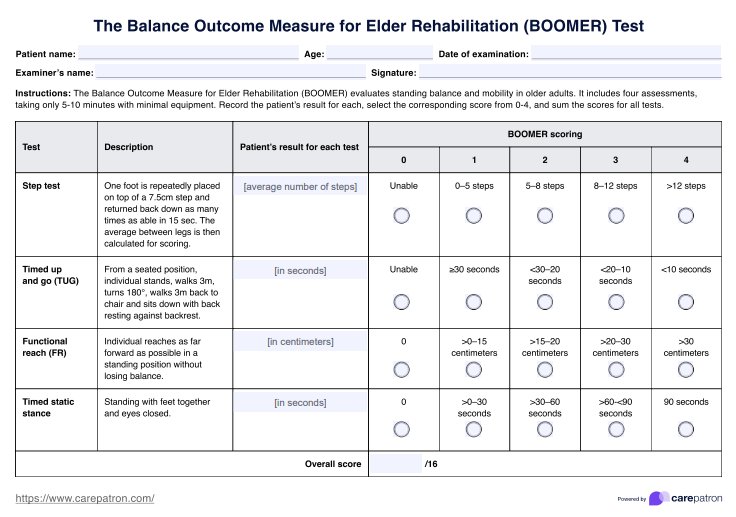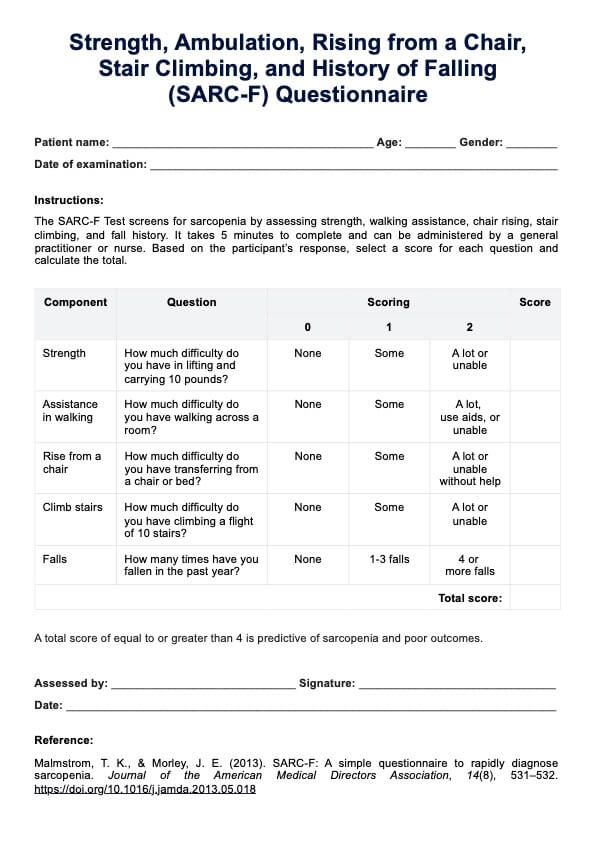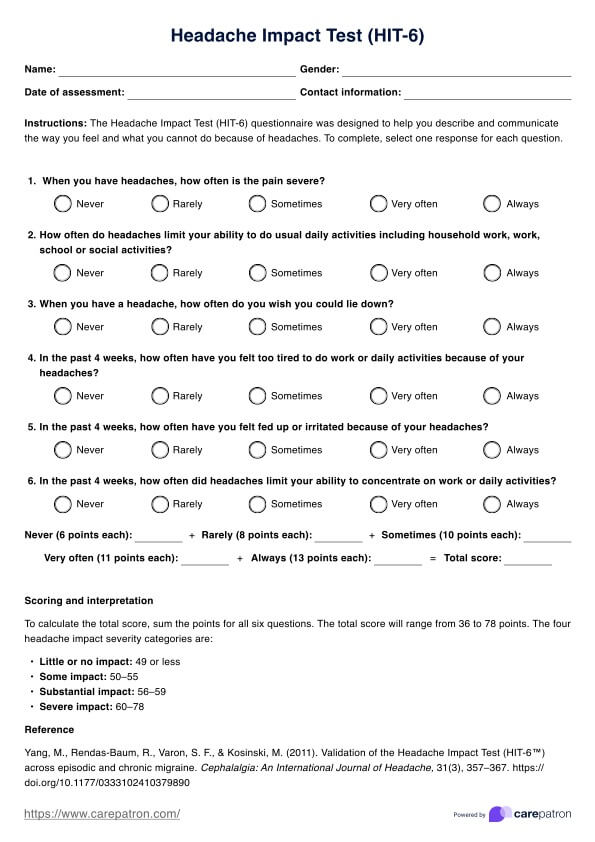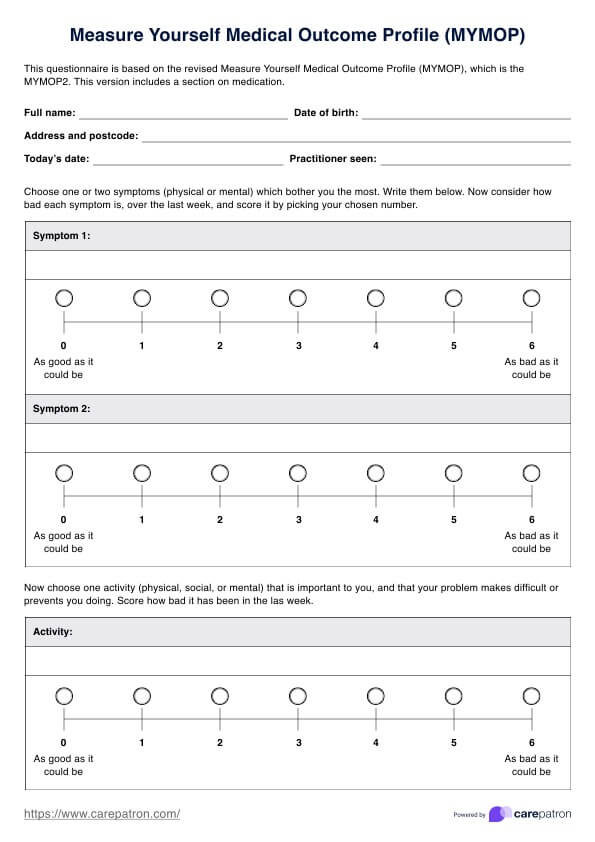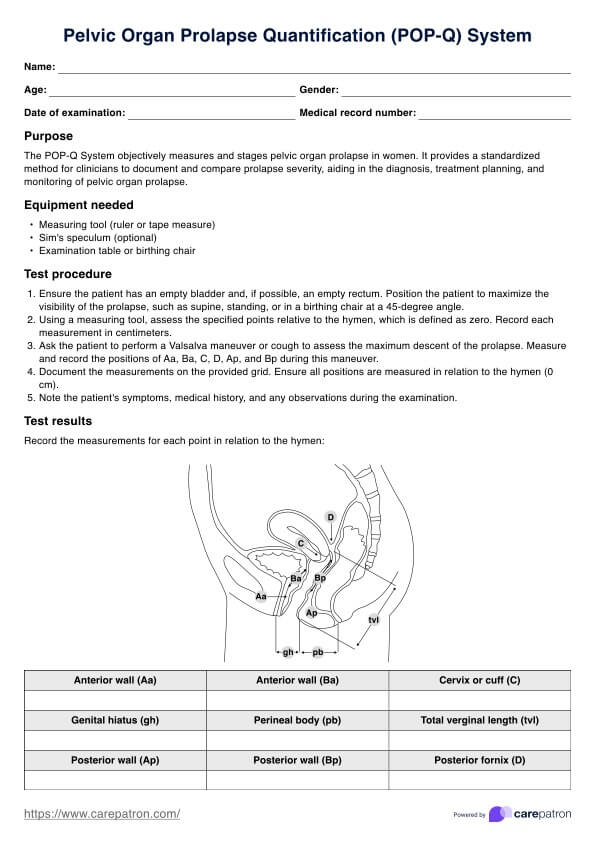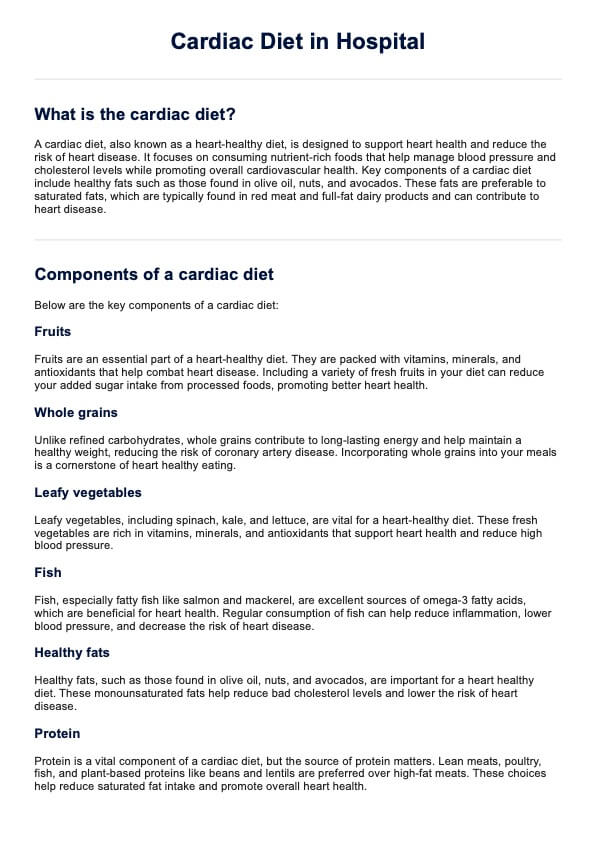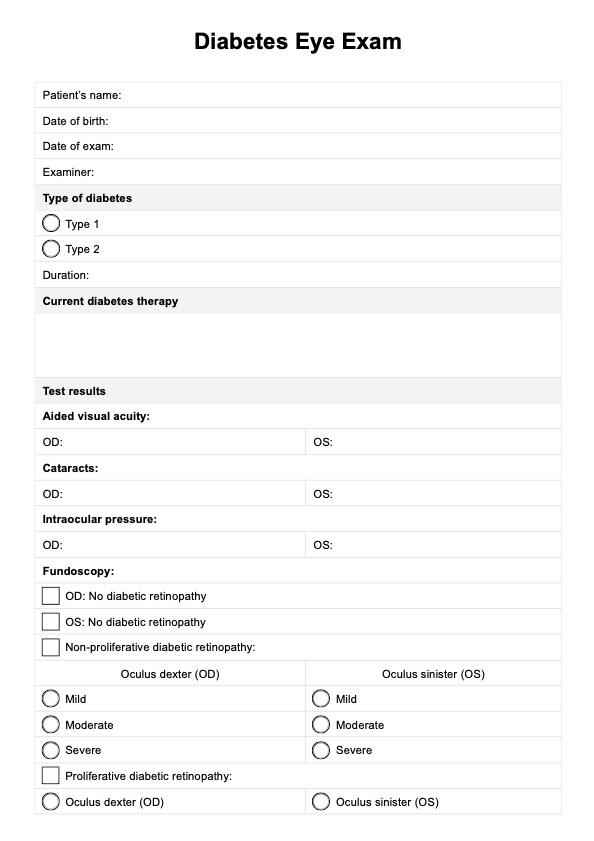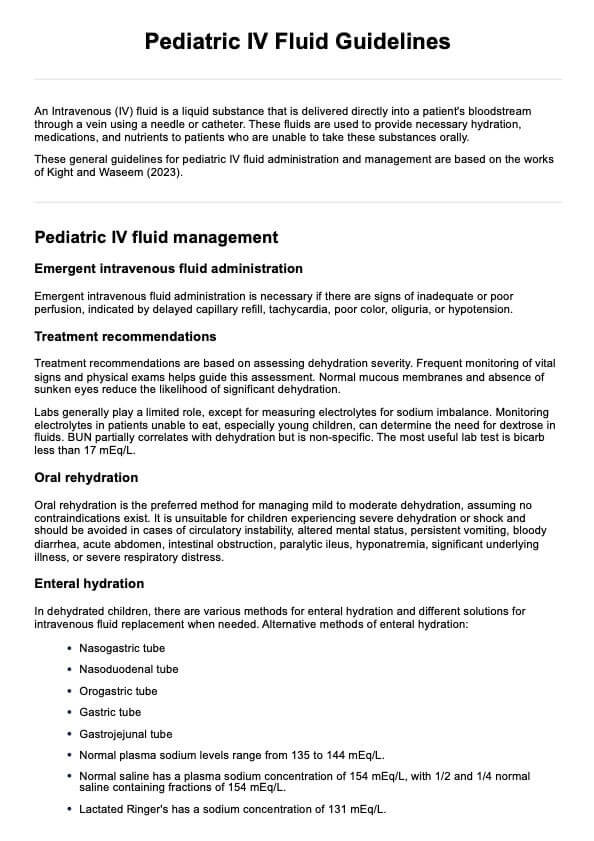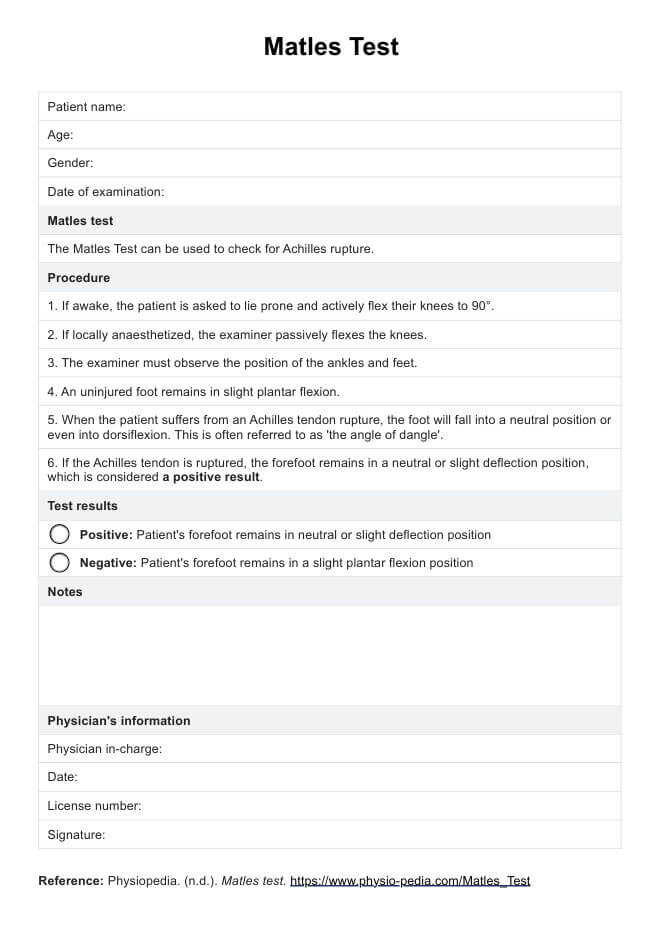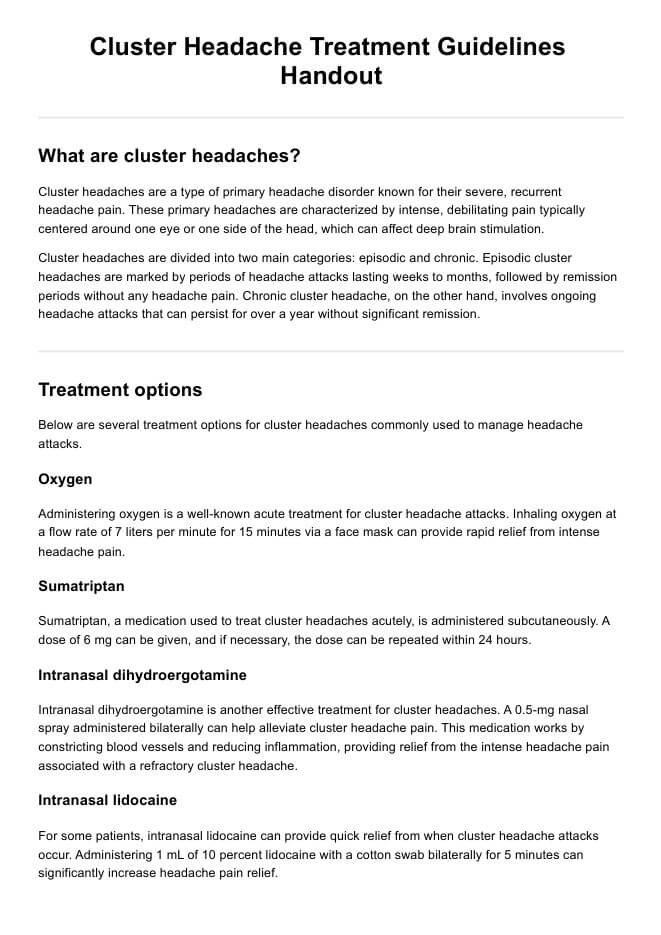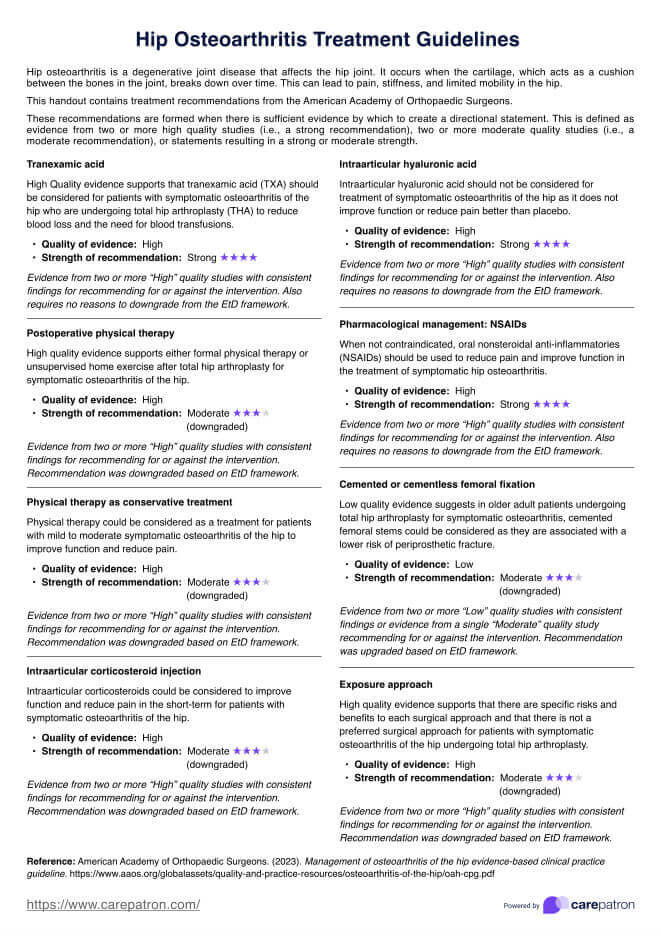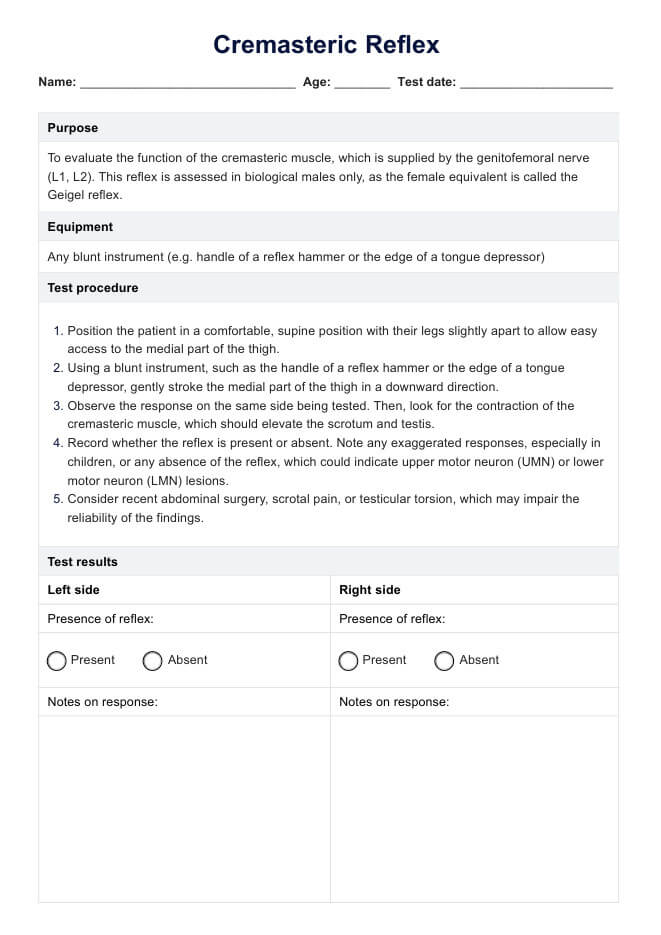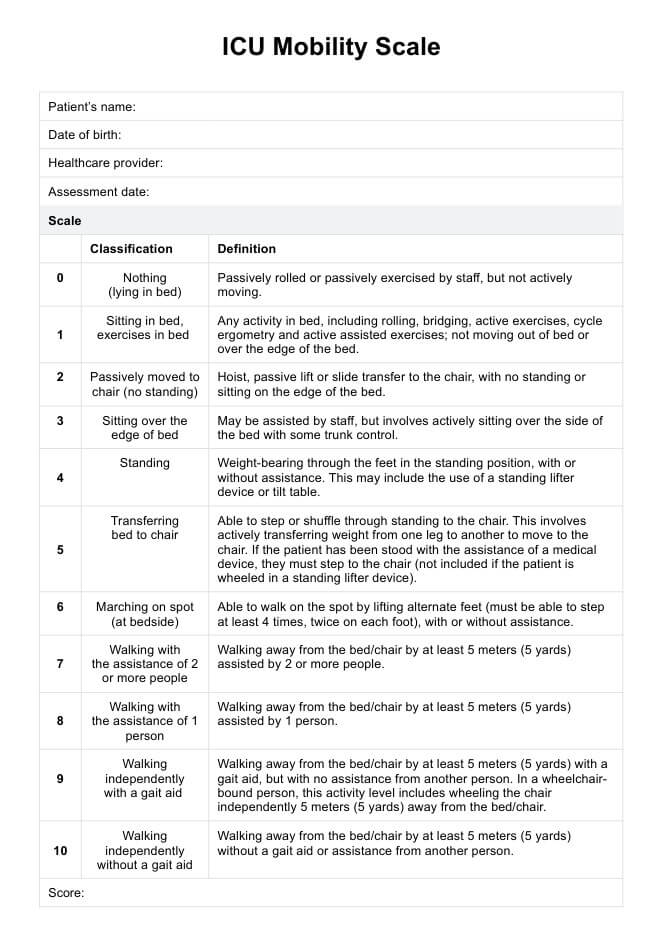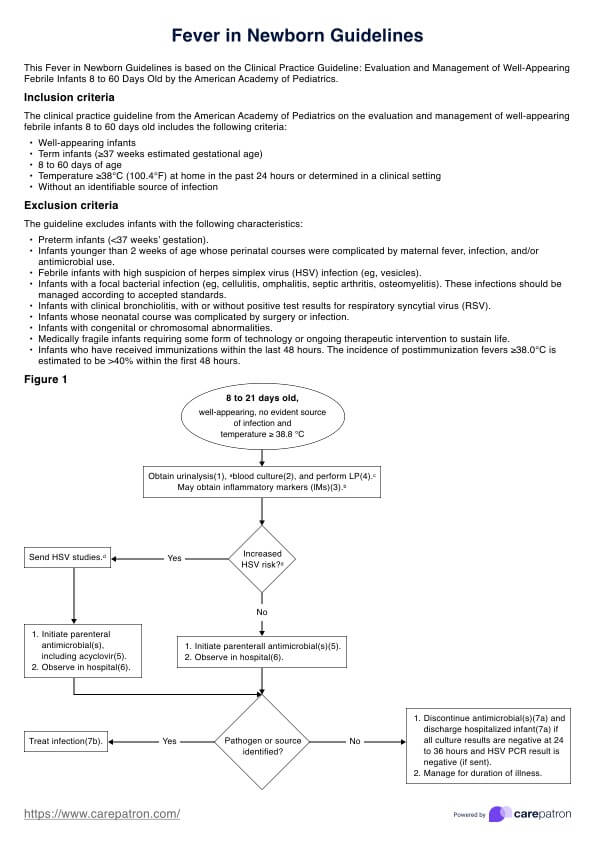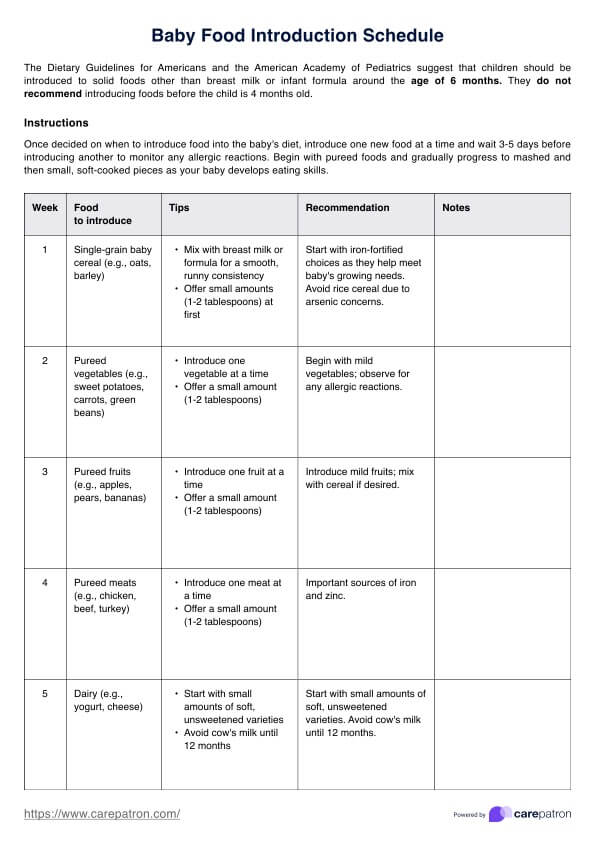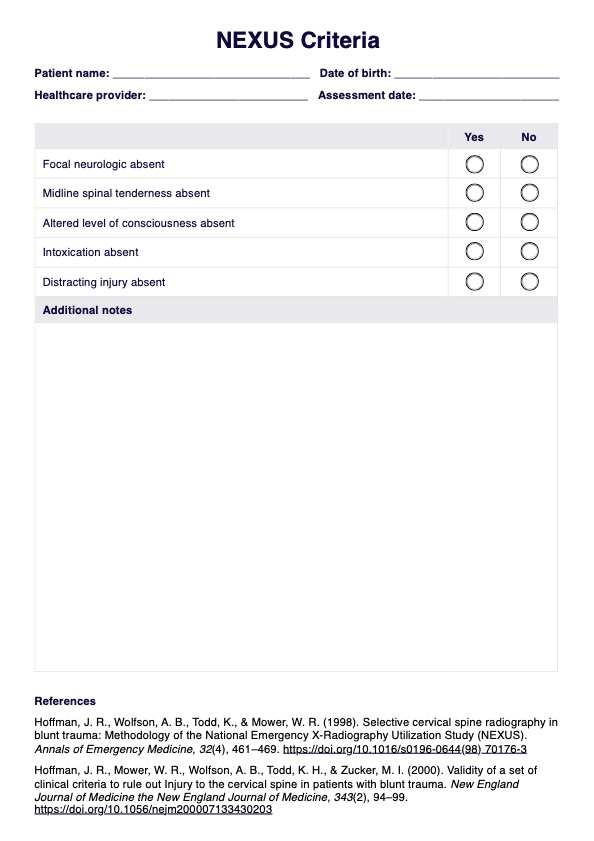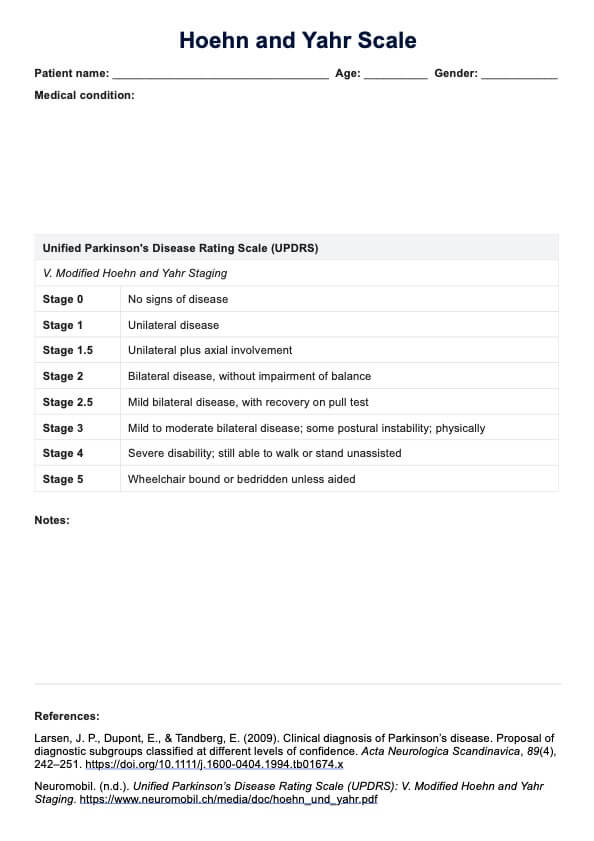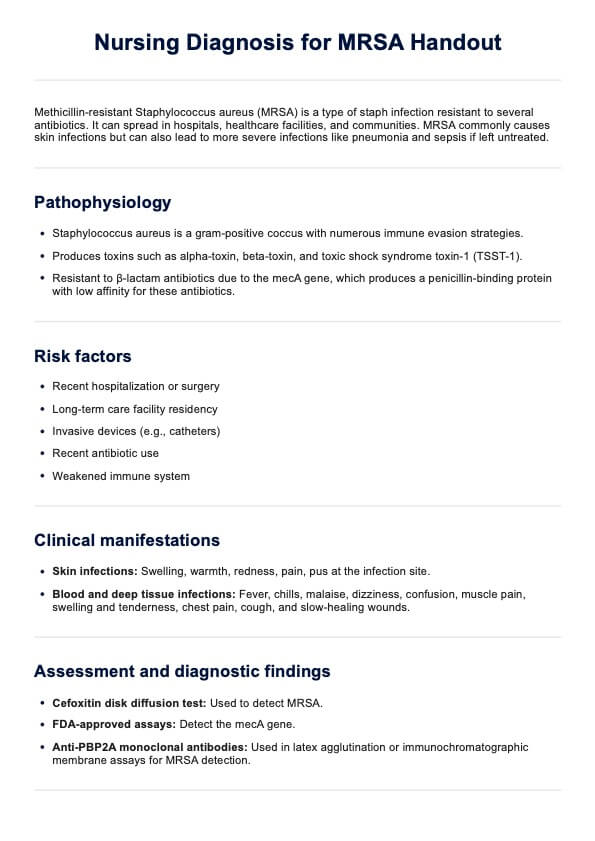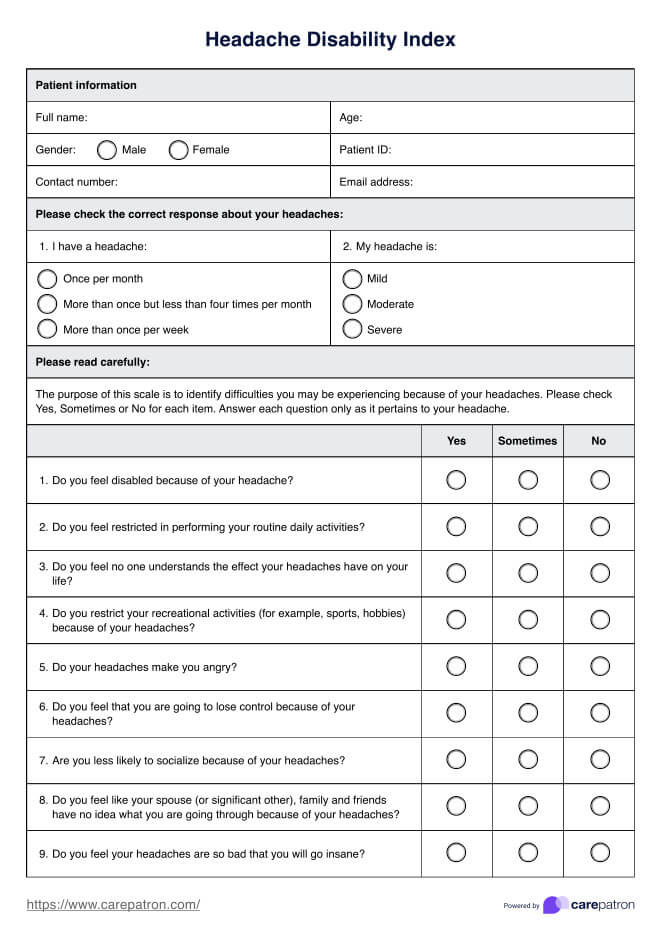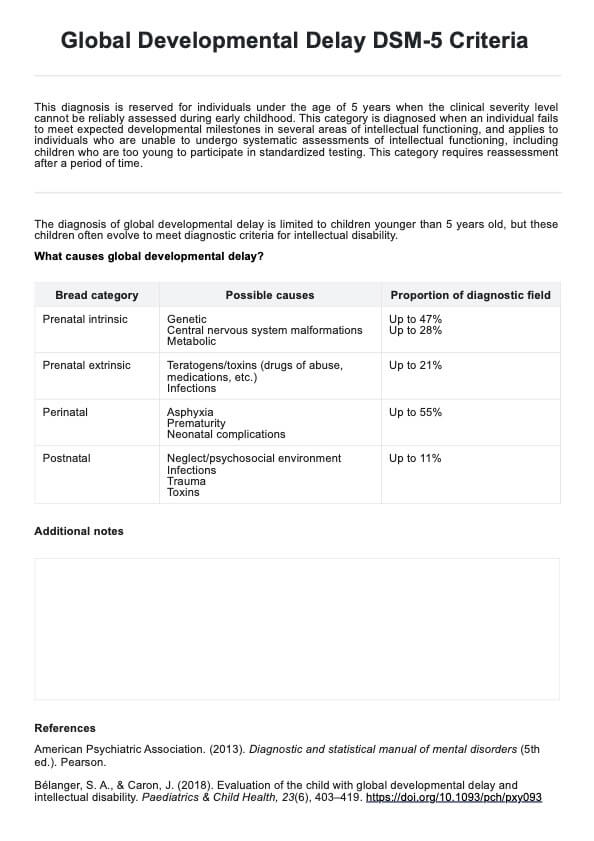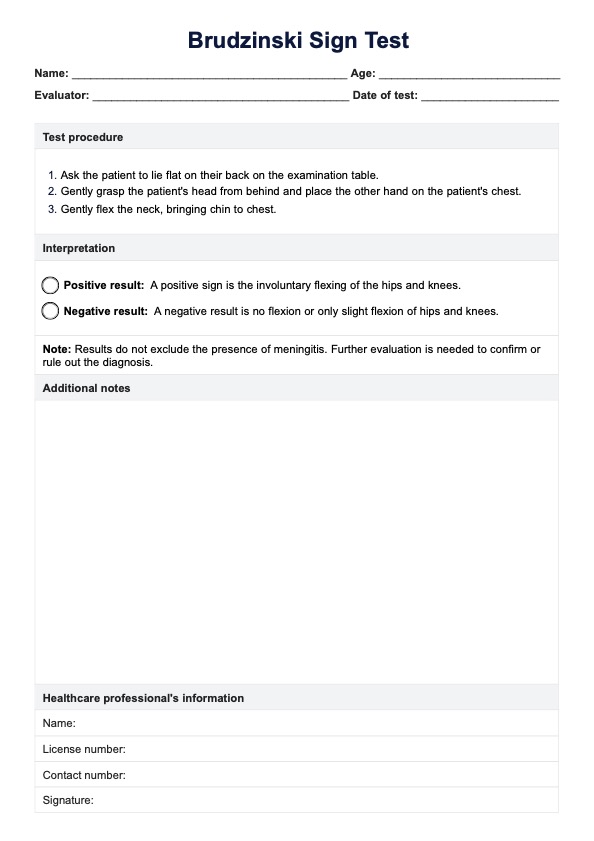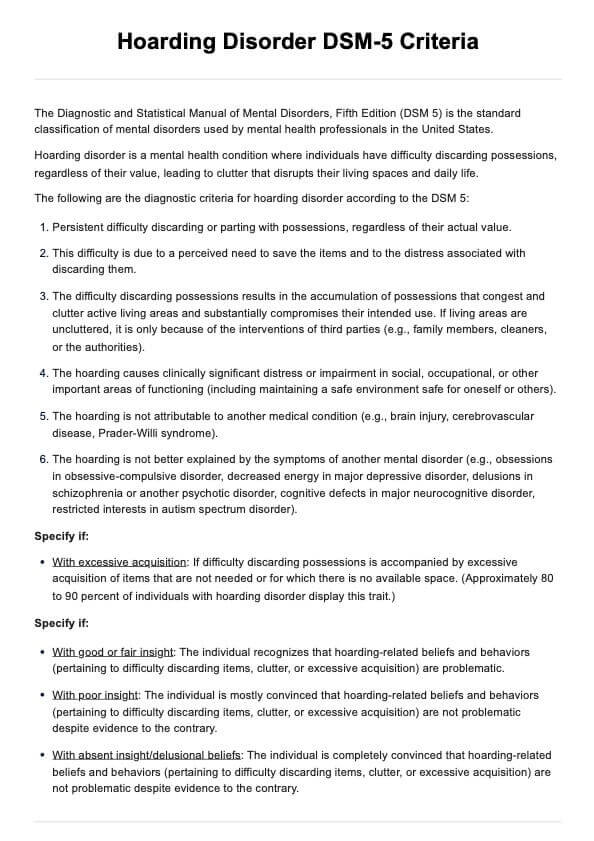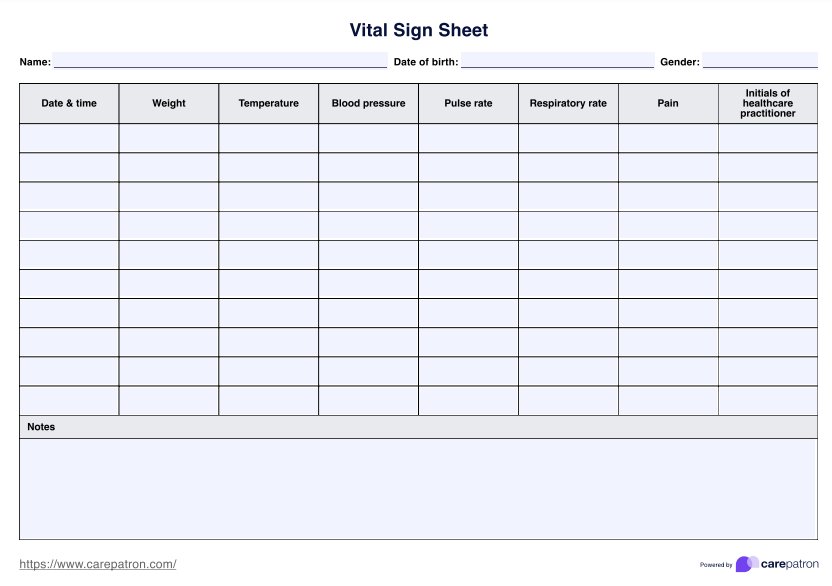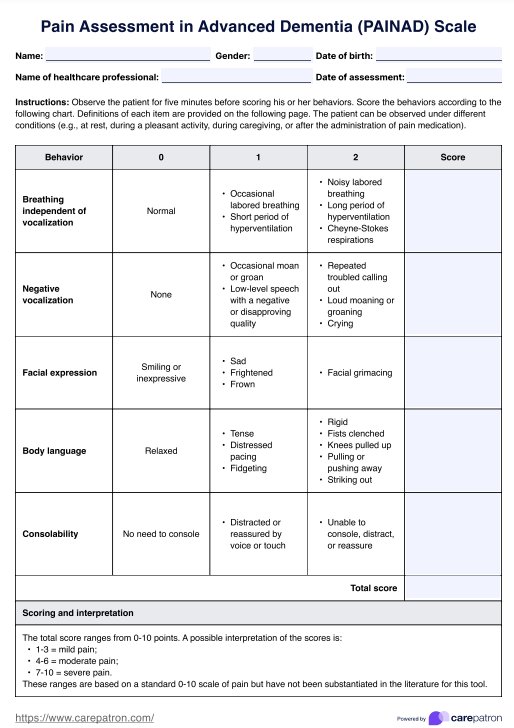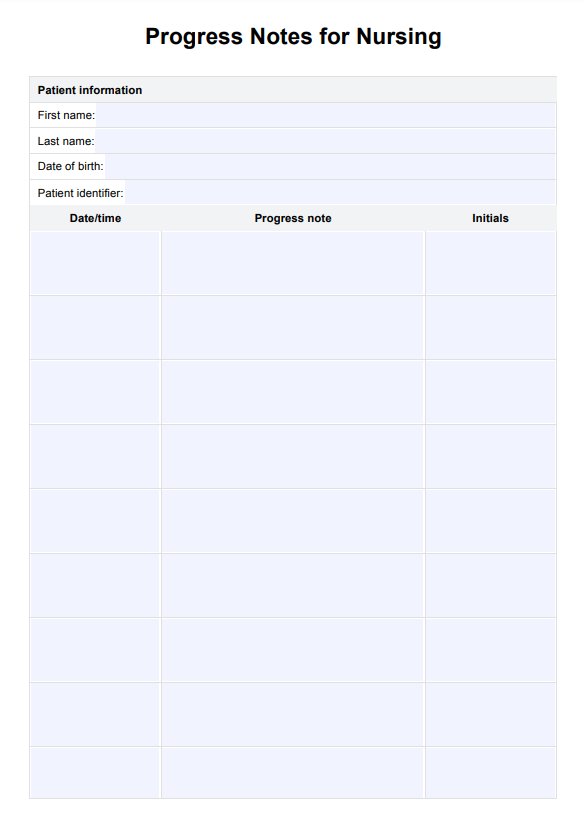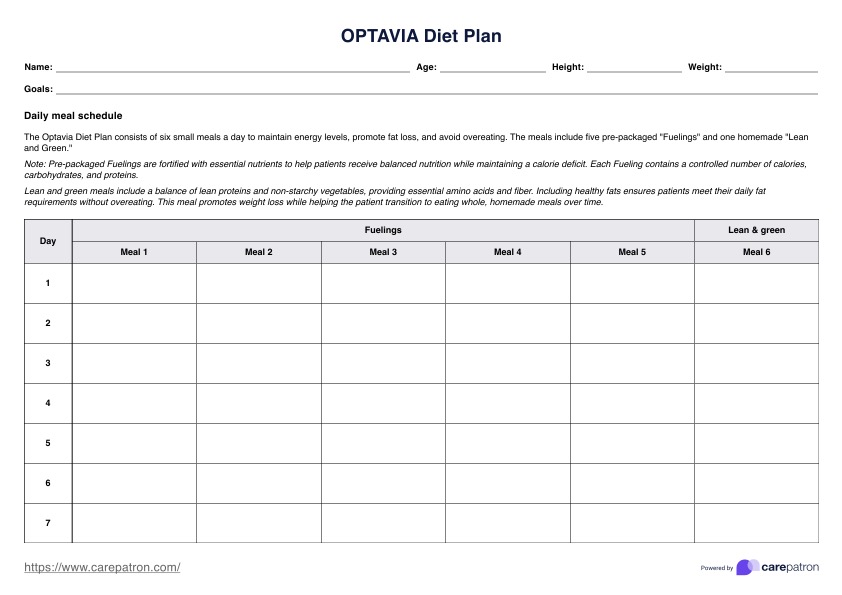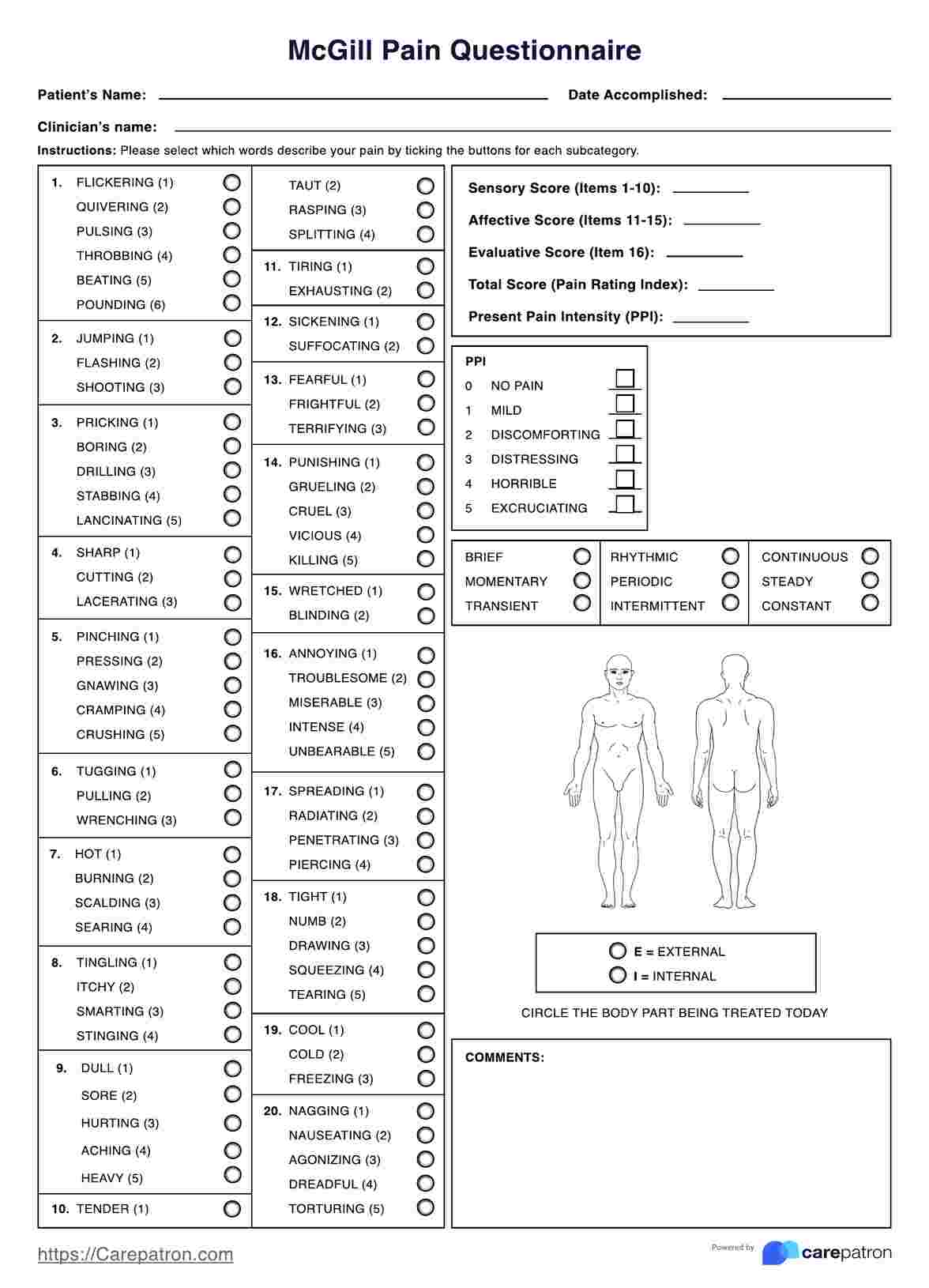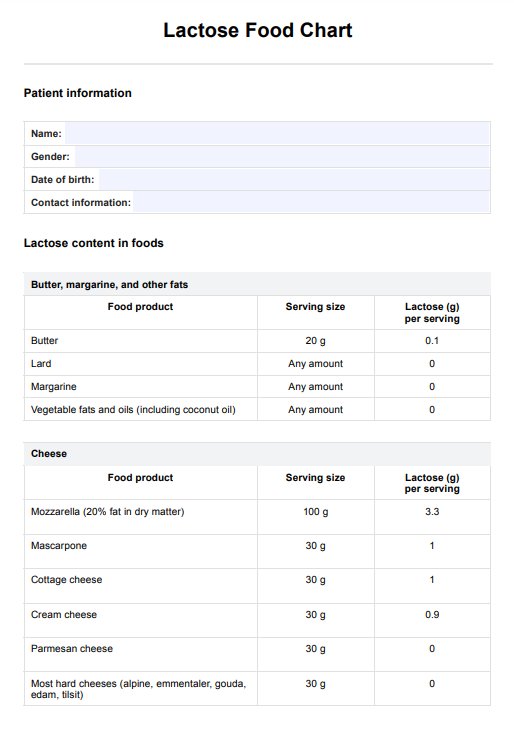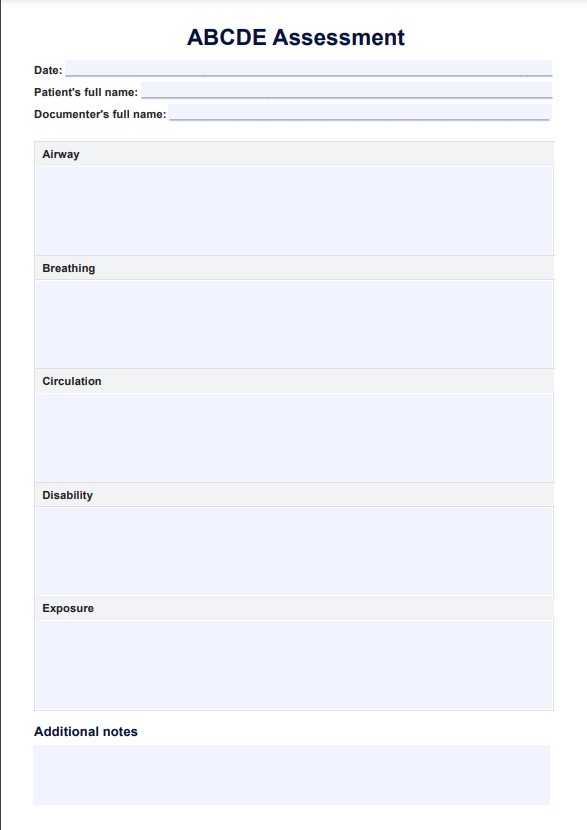Medical Needs Form
Download a free Medical Needs Form & Example in PDF format. Easily customize and use it to document essential health details for better patient care.


What is a Medical Needs Form?
A Medical Needs Form is a crucial document designed to capture essential information about an individual's health and medical history. This comprehensive form acts as a bridge of communication between patients and healthcare professionals, ensuring that vital details are readily available when needed.
At its core, a Medical Needs Form gathers key information about a patient's medical history, current health status, and any pertinent details that healthcare providers may require for effective medical treatment. It goes beyond routine health forms, delving into specific aspects essential for delivering personalized care.
The form typically includes sections on a patient's medical history, past surgeries, allergies, and current medications. The Medical Needs Form lets doctors quickly assess patients' health profiles by detailing this information, leading to more informed and efficient treatment decision-making.
Medical Needs Form Template
Medical Needs Form Example
Which medical professionals use this form?
The Medical Need Form is a versatile tool utilized by various healthcare providers to ensure comprehensive and well-informed medical treatment. Physicians and nurses actively incorporate such health forms into their practice, leveraging the information on a patient's medical history, health status, and relevant details crucial for optimal care.
Beyond these primary users, a spectrum of other medical professionals also finds immense value in the Medical Needs Form. Specialists such as cardiologists, allergists, and surgeons benefit from the detailed insights it offers into specific medical conditions, allergies, and past surgeries. This wealth of information aids in tailoring treatments to meet each patient's unique needs.
In addition to doctors and nurses, therapists and counselors often integrate health forms into their practice. Mental health professionals, for instance, appreciate the inclusion of medication details, medical history, and any pre-existing mental health conditions, enabling them to align therapeutic interventions with the patient's overall health picture.
How to use the Medical Needs Form template
The Medical Needs Form is designed to collect essential health information for better medical care and emergency preparedness. Follow these steps to ensure the form is completed accurately and efficiently:
Step 1: Download and access the template
Click "Use template" or "Download" on this page to access a copy. Whether using a digital or printed version, ensure the document is clear and legible for accurate information entry. This form can also be used with other Carepatron resources, such as our medical invoice template, Medical Information Form, and Medical Consent Form Template.
Step 2: Enter patient details and emergency contacts
Fill in the patient’s personal information, including full name, date of birth, address, and primary contact details. Emergency contact information should also be provided, including the name, relationship to the patient, and a reliable phone number to ensure swift communication in urgent situations.
Step 3: Inquire about essential details
Record any chronic illnesses, past surgeries, or family medical history that may impact the patient's healthcare. Include current medications, known allergies, dietary habits, smoking or alcohol consumption, and exercise routines. This section helps healthcare providers fully understand the patient's overall health status.
Step 4: Review for accuracy and completeness
Carefully review all entered details to ensure accuracy. Incorrect or missing information may affect the quality of care provided. Double-check spellings, medication dosages, and emergency contacts to ensure everything is current before submission.
Step 5: Sign, date, and submit the form
The patient (or legal guardian, if applicable) must sign and date the form to confirm that the provided information is accurate. Once completed, submit the form to the appropriate healthcare provider, facility, or organization to ensure it is included in the patient’s medical records.
When are Medical Needs Forms used?
Medical forms are crucial in various healthcare scenarios, ensuring HIPAA compliance and seamless communication between patients and medical providers. Below are key situations where a Medical Needs Form is essential:
- Initial patient registration: New patients complete a Medical Needs Form to establish a health record, providing patient information that guides future care.
- Routine check-ups and preventive care: Patients update their medical details during check-ups to help healthcare professionals track changes and deliver personalized health services.
- Specialist consultations: Specialists, such as cardiologists or allergists, use Medical Needs Forms to review relevant health history before appointments.
- Emergency medical situations: Having a completed form ensures emergency personnel can quickly access critical details like allergies, medications, and existing conditions.
- Hospital admissions: Hospitals require updated medical forms upon admission to provide accurate treatment plans based on current health data.
- Surgical procedures: Before surgery, patients complete a form to assess potential risks, ensuring safe anesthesia and surgical planning.
- Chronic disease management: For conditions like diabetes or hypertension, regular form updates help medical providers adjust treatment and monitor progress.
The benefits of using our Medical Needs Form
Using a Medical Needs Form offers a range of benefits that extend beyond mere documentation. These advantages contribute to enhanced patient care, streamlined healthcare processes, and improved communication between patients and healthcare providers. Let's explore the key benefits:
Comprehensive patient understanding
The Medical Needs Form provides a comprehensive overview of a patient's health history, current medications, allergies, and other relevant details. This holistic understanding allows healthcare providers to tailor treatments and interventions to each individual's specific needs.
Efficient decision-making in emergencies
In emergencies, immediate access to critical health information is paramount. The form serves as a quick reference guide for healthcare professionals, facilitating rapid and informed decision-making when time is of the essence.
Improved coordination among healthcare providers
The Medical Needs Form fosters seamless communication and coordination as patients interact with various healthcare professionals. Specialists, primary care physicians, and other healthcare providers can access a standardized information set, promoting continuity of care.
Enhanced preventive care
Regular updates to the form during routine check-ups contribute to proactive and personalized preventive care. By staying informed about changes in patient health status, healthcare providers can more effectively recommend and implement preventative measures.
Facilitation of specialized treatment
The Medical Needs Form becomes a crucial tool for patients seeking specialist treatment. It offers specialists insights into the patient's health history, enabling them to focus on the specific aspects relevant to their expertise.
Commonly asked questions
A Medical Needs Form should capture key personal details, including medical history, current medications with their dose, allergies, insurance information, and emergency contacts. This ensures clients receive personalized and effective care.
While new clients complete this form during initial registration, existing patients should regularly update it. Any changes in health status, medication dose, or emergency contacts should be recorded to maintain accurate medical records.
Healthcare providers take strict precautions to protect patient data. Electronic forms are encrypted, while physical forms are securely stored. Organizations customize security measures to comply with HIPAA regulations and collaborate with IT professionals to enhance data protection.
Yes, the form can be customized to fit different medical practices. Clinics, hospitals, and specialty providers can customize fields to address their clients' unique health concerns and treatment plans.




